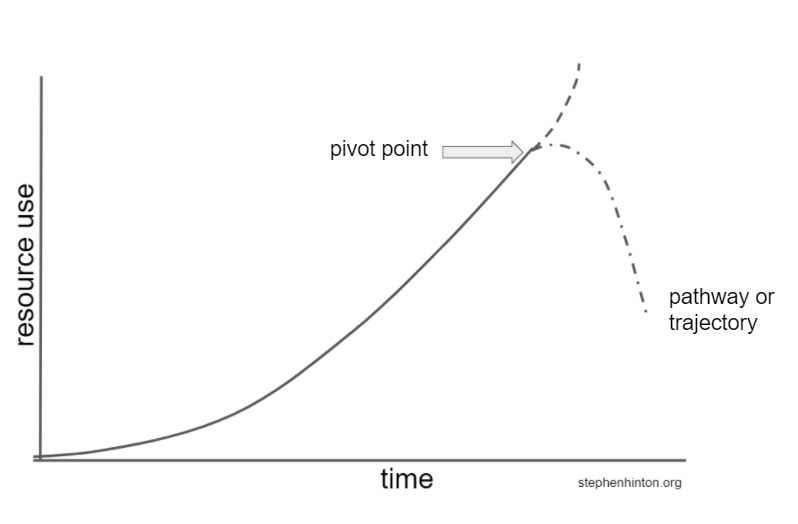
THOUGHT EXPERIMENT: Some 70% of people, depends how you ask, accept the global emergency. Climate system destabilisation is one aspect, declining biodiversity and increasing pollution is another. I ask: what would actually *break* if humanity responded decisively? 1/
Climate: a decisive response = cap on fossil fuel extraction and planned phase out. Fewer private car journeys, less electricity. Nothing would *break*. We still live and eat. There are alternatives and we can all cut back and share more. So what are we afraid of breaking? 2/
Pollution: reducing the above helps all that, cracking down on pollution and biodiversity loss will reduce materials consumption but changing and sharing we can still live on the planet. What would break? 3/
Most pollution and resource consumption is done by rich people. Billions of poor people live and thrive so the rich can too. Nothing will *break* there? 4/
Of course, a rapid reduction in resource consumption, less of most things and enough of the essentials for everyone will *break*something. Economic growth for one thing. But if that broke, what would *break*with it? 5/
I guess the economic system would break. Stop working. Jobs would disappear. If jobs go, people's lives get broke. So if we respond to the emergency by cutting back we know what gets broke. But wait. 6/
Most jobs disappearing doesn't HAVE to *break*anything does it? As a society we could reorganise. Society existed before jobs - that is a man-made construction. There must be plenty of alternatives: set up a government agency and employ everyone. There is always plenty to do. 7/
So what this little thought experiment tells me is we are all afraid of losing our jobs. Take away that fear and we can get on with dealing the emergency. Suggestions please! Nothing will *break* if anyone replies to my tweets sometime. I might even smile!8/8
@threadreaderapp unroll
• • •
Missing some Tweet in this thread? You can try to
force a refresh





